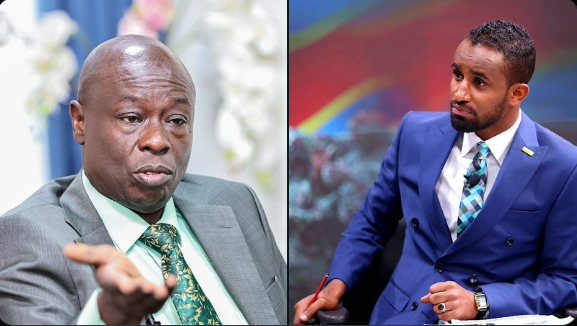The debate hosted by Ayub Abdikadir on the impeachment motion against Deputy President Rigathi Gachagua and the potential censure of President William Ruto has sparked intense discussions across Kenya’s political landscape.
The impeachment motion, spearheaded by Kimilili MP Didmus Barasa, has gathered significant momentum, with Barasa claiming to have over 240 signatures in support.
The debate highlighted the growing tension within the ruling coalition, as cracks between Ruto and Gachagua continue to widen, especially after a televised interview where Gachagua criticized the president.
The motion against Gachagua cites allegations of gross misconduct and violations of the Constitution, which have prompted both political camps to aggressively lobby lawmakers.
While the impeachment debate has created a rift within Ruto’s circle, the political implications are substantial, as Barasa needs 233 votes in the National Assembly for the motion to pass. If successful, the motion would move to the Senate for further deliberation.
The censure motion targeting President Ruto revolves around dissatisfaction with his leadership and unfulfilled promises, which critics argue are fueling instability within the government.
This dual focus on both the president and his deputy in parliamentary debates has captured national attention, as it could lead to significant shifts in the political structure.
The debate, aired on Abdikadir’s platform, has underscored the delicate political environment in Kenya, where power struggles and internal divisions are influencing major legislative moves,


